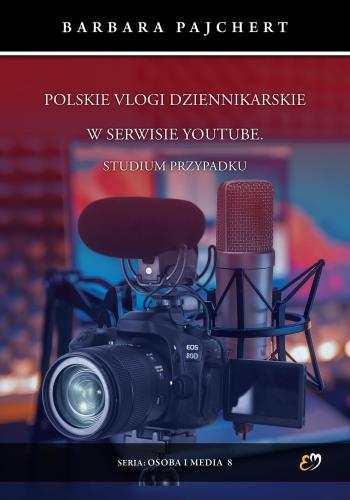Polish Journalistic Vlogs on YouTube. A Case Study
Keywords:
YouTube, journalistic vlogs, new media, media convergence, participatory cultureSynopsis
The monograph offers a comprehensive analysis of the phenomenon of Polish journalistic vlogs on YouTube, addressing both theoretical and empirical dimensions. It situates vlogs within the context of the Web 2.0 revolution, media convergence, and the evolution of participatory culture, highlighting the transformation of journalistic practices in response to declining trust in traditional media and the search for greater autonomy. The study employs a qualitative case study approach, focusing on eight prominent Polish journalists who run their own YouTube channels. Methodologically, it combines descriptive content analysis with semi-structured in-depth interviews. The research identifies both endogenous and exogenous factors determining the success and popularity of journalistic vlogs, explores the motivations of journalists for entering the vlogosphere, and examines the role of prior journalistic experience and personal branding. The findings reveal the diversity of content, narrative styles, and engagement strategies, as well as the impact of platform algorithms and monetization systems. The monograph fills a research gap in Polish media studies by providing an in-depth exploration of journalistic vlogs as a modern form of media activity, and points to future research directions, including the use of quantitative and netnographic methods to better understand audience interaction and the ethical responsibilities of creators.



